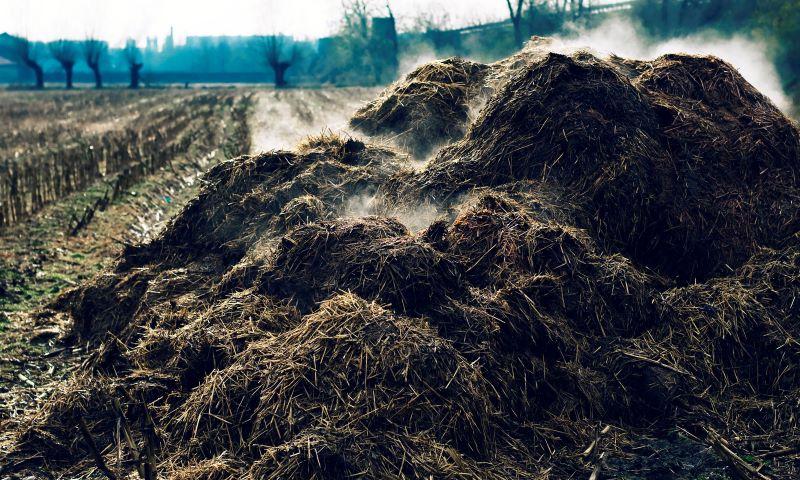
Europe produces about 1.4 billion metric tons of manure annually from animal farming, some of which could be converted to sustainable aviation fuel (SAF) if a new research project is successful.
The EU-funded Circulair project aims to develop conversion technologies to produce sustainable fuels from abundant agricultural residues including manure and straw.
The four-year, €5 million ($5.30 million) project will develop a biomass conversion pathway that uses hydrothermal liquefaction (HTL) to produce a crude-like oil under moderate temperature and high pressure. Manure and straw have been chosen because of their abundance and potential synergies in the co-liquefaction of the feedstocks.
“HTL can convert a wide range of organic feedstocks into fuels and is in particular suitable for wet feedstock,” says project coordinator Bauhaus Luftfhart, adding: “The Circulair process scheme can reduce greenhouse gas emissions as well as air and water pollution issues that result from current manure handling issues.”
The project involves 10 partners in six countries. Denmark’s Aarhus University and Circlia Nordic will develop HTL conversion at a pilot scale. The university and process developer Topsoe will refine intermediate biocrudes from HTL into fuels, with a high share of jet fuel in the final product. Sweden’s RISE will investigate an alternative upgrading process. Italian oil company Eni will analyze the jet fuel produced.
Integration of the HTL process with green hydrogen generation will enable almost complete feedstock utilization, Bauhaus says, yielding methanol as the main byproduct. Madrid Public University will separate CO2 from process side-streams for use in the synthesis of methanol, while Germany’s Hohenheim University will investigate use of the charcoal-like biochar residue from the HTL process to improve soil for agriculture.
